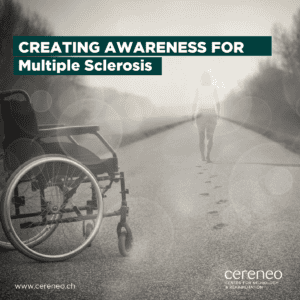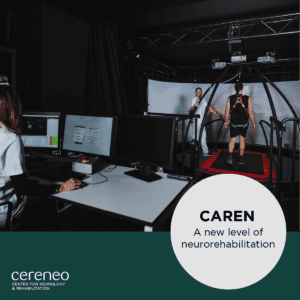Eating is not only just to satisfy our hunger; it might also play a significant role in preventing neurological and neurodegenerative diseases and other disorders. The occurrence and progression of conditions such as stroke, Parkinson’s disease, multiple sclerosis, and depression can be influenced by what we eat. To understand this connection better, we’ll dive into the fascinating world of the gut-brain axis. This complex relationship between our gastrointestinal tract and our brain is more impactful than you might think.
The Gut-Brain Axis
The gut-brain axis is the constant line of communication between our gastrointestinal tract and our brain. It’s a two-way street: the brain affects the gut, and the gut influences the brain. Even the mere thought of eating can trigger the release of stomach juices. Similarly, a troubled gut can send signals to the brain, which can contribute to feelings of anxiety, stress, or put you in a depressive mood and eventually cause diseases. The gut and the brain are intimately connected, and understanding this relationship is crucial for our wellbeing.
Components of the Gut-Brain Axis
Let’s break down the components that make up the gut-brain axis:
Vagus Nerve: The vagus nerve is a critical player in managing communication between the brain and internal organs, including the intestines. Located in the neck and abdomen, it senses ingested food, nutrients, toxins, and inflammatory substances, impacting mood, appetite, the immune system, and the rate at which nutrients are absorbed, stored, and mobilized.
Stress Nerve: The stress nerve, also known as the sympathetic nerve, determines how we respond to stress, excitement, and danger. In situations where our bodies enter “fight or flight” mode due to stress, digestion slows down as the focus shifts to preparing for potential threats. The activation of the stress nerve can send signals to the gut, often causing sensations like an upset stomach or butterflies. Prolonged activation of this nerve due to chronic stress can lead to digestive problems, such as stomachaches, diarrhea, or constipation.
Gut Hormones: The gut and brain maintain constant communication through a network of hormones. These hormones play an essential role in regulating appetite and eating habits. When you eat, your gut releases hormones that signal to your brain that you’re either full or in need of more food. These hormones also influence your mood and overall mental health. An imbalance in these hormones might contribute to conditions like anxiety or depression.
Immune System: The gut contains a substantial portion of immune cells, such as lymphocytes which play a crucial role in immune responses to pathogens and the maintenance of a healthy microbiome. The gut immune function is closely linked to the brain’s immune function via the vagus nerve. When the gut experiences inflammation, it can directly affect the psyche, leading to symptoms such as fatigue, depressive mood, listlessness, and social withdrawal. The intricate interplay between the two aspects of the immune system highlights the profound connection between gut health and mental well-being.
Gut Bacteria: The gut microbiota is a versatile community of microorganisms that resides in our gut and has a wide range of functions. Among their roles, they act as cautious defenders, protecting your body against harmful microorganisms. Additionally, they play an important part in digesting food-fibers that humans cannot break down on their own. Your microbiota also facilitates the absorption of certain essential vitamins and can even exert and influence your mental well-being.
The gut-brain axis is a fascinating and essential connection of the human body. Understanding how it functions at a deeper level can help us make informed choices about our diets to promote better health and facilitate recovery after a disease.










